The LegalRnD Team. From left to right: Daniel W. Linna, Jr., Irene Mo, Gary Gonzalez, Andy Ninh. Not pictured: Tyler Soellinger, Chelsea Rider.
I am fortunate to be a part of a new legal innovation program at Michigan State University College of Law: LegalRnD – The Center for Legal Services Innovation. Not too removed from law school, and recently licensed to practice law, I am already able to give back to my law school and provide current students with new opportunities. I believe LegalRnD will be a huge selling point for incoming MSU Law students.
LegalRnD focuses on research and development of efficient, high-quality legal-service delivery tools and systems. Through innovative course offerings, workshops, keynotes, and hackathons, LegalRnD is shaping 21st century “T-Shaped lawyers”: lawyers with not only substantive legal knowledge, but also training in business, process improvement, project management, data analysis, technology and other disciplines that will help them improve legal-service delivery. These skills are not traditionally taught in law school. These skills will help LegalRnD students improve legal-service delivery across the legal industry, from courts and legal-aid organizations to law firms and legal departments.
As Innovation Counsel for LegalRnD, I have helped coordinate several programs on legal technology and innovation. I have also helped the LegalRnD team and Career Services Office implement project management software, which has improved several processes, improved internal team communications, and eliminated a substantial amount of email. Essentially, I serve as a project manager and consultant on technology and process improvement. This role provides unique experiences that I intend to apply to my legal career and future endeavors.
“LegalRnD is dedicated to improving legal-service delivery and access across the legal industry. We accomplish this mission through research and development of efficient, high-quality legal-service delivery tools and systems. We do the research and development that has been lacking in the legal industry.”
When I attended MSU Law, I was involved with the ReInvent Law program. Focused on the intersection of law, tech, design, and delivery of legal services, the ReInvent Law program opened my eyes to many changes in the legal industry (good and bad), as well as to innovative new ideas. Having had the good fortune of being invited to present at ReInvent Law conferences in Silicon Valley and New York, I was able to share my own innovative ideas as well as expand my network. I believe that LegalRnD will provide MSU Law students with similar opportunities.
At the beginning of the fall semester, Ken Grady, a leading expert in the legal industry, joined the LegalRnD program to teach an innovative course focused on legal service delivery. This interdisciplinary course uses the case study approach to education, seen largely in MBA programs. The basic premise is that the delivery of legal services in all settings has become more volatile and legal service providers are struggling to keep up with rapid changes. Grady believes lawyers must now stay current in both substantive law and legal services delivery processes and technology to have successful legal careers. Law students who understand this industry transformation are better prepared to practice in the 21st century.
MSU Law students process mapping how to get a job out of law school in the Delivering Legal Services class.
This last summer, I worked with Dan Linna when LegalRnD coordinated LexHacks, a legal hackathon in Chicago. LexHacks brought lawyers, law students, technologists, and other professionals together to create solutions to improve legal service delivery and compete for over $5000 in prize money. A team of MSU Law students took home a $1000 prize for creating a PII detector program that successfully detected social security numbers, phone numbers and credit card numbers and prevented them from being inadvertently disclosed via email. I was incredibly impressed with the results, and as an MSU Law alum, I was very proud. LegalRnD will be sending another MSU Law team to a legal hackathon in Los Angeles next month, and I look forward to seeing what they create.
Getting involved with events like legal hackathons will provide law students with opportunities to shape their future legal careers. We are only beginning to see what innovation will bring to the legal industry. I look forward to being a part of it.



